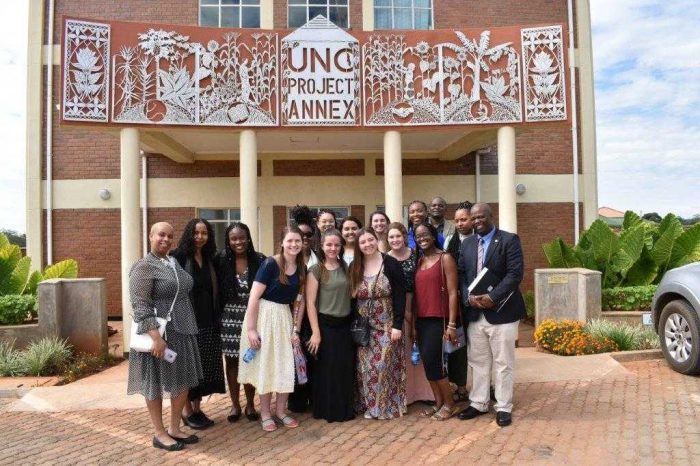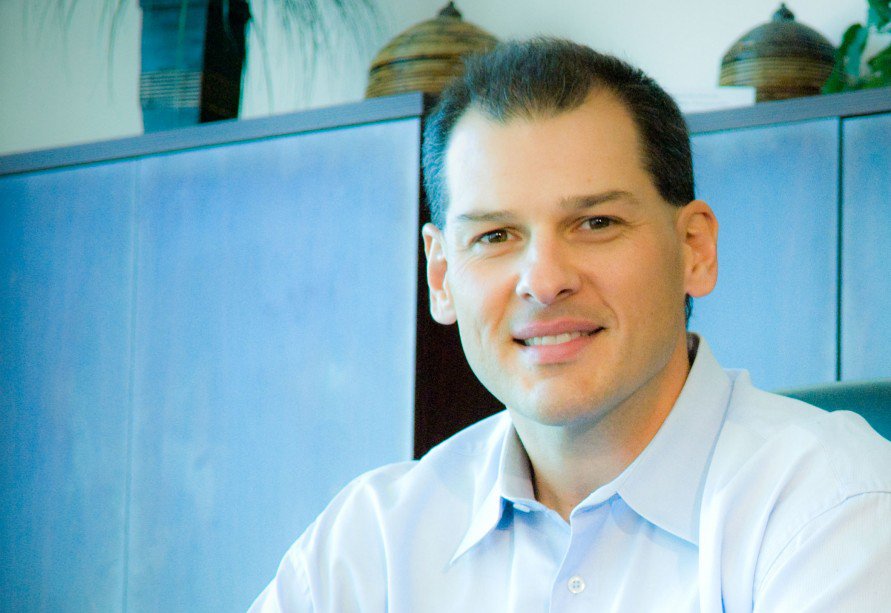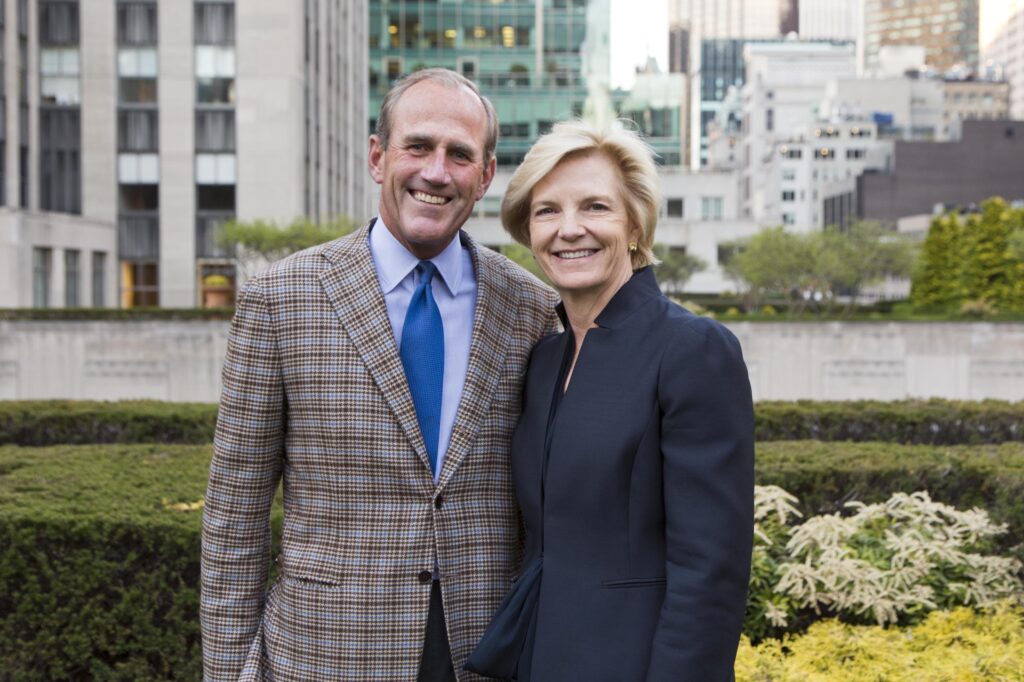Department of African, African American and Diaspora Studies Celebrates its First Endowment
May 21, 2021

AAAD faculty and staff are grateful for the opportunities that the department's first endowment will bring.
Nicci Gafinowitz (MSIS ’16) grew up in South Africa and travelled, studied and worked widely in the region. She and her family settled in Chapel Hill nearly 20 years ago; and while studying for her master’s degree in information science at UNC’s School of Information and Library Science, she met Eunice Sahle, associate professor and chair of the department of African, African American and Diaspora studies (AAAD) and associate professor in the Curriculum in Global Studies, at a Southeastern Regional Seminar in African Studies conference held at UNC. Like everyone who has come to know, work and study with Sahle, Gafinowitz deeply admires her depth of experience and understanding of African life, particularly from a human rights perspective, and her ability to meaningfully translate them to international audiences.
In 2017, Sahle began planning a study abroad opportunity for undergraduates to study dynamics of democratic governance and human rights in Malawi and Africa in general. Nicci become a strong supporter of that initiative and its attendant collaborative research project on socio-structural determinants of burn injuries in Malawi. Due to her advocacy, the College of Arts and Sciences and a long-time donor to the University provided financial support that made the 2018 summer study abroad program in Malawi possible at a very low-cost to students and their families. Overall, for several years, the Gafinowitz family’s private gifts have contributed to AAAD’s mission in indelible ways.
Now, as Sahle prepares to step down as chair of the department after serving two terms, the Gafinowitz family has made a lasting pledge to the department in honor of Sahle’s excellence in teaching, research, leadership and mentorship that will last forever. They have created the Dr. Eunice N. Sahle Excellence Fund in African, African American and Diaspora Studies in the College of Arts and Sciences.
“I’ve had several opportunities to meet Dr. Sahle’s graduates, many of whom are now highly successful professionals and authors, as well as the Malawian and Kenyan judicial leaders who visit her classes in Chapel Hill; and I recognize in all of them the fondness, loyalty and respect they hold for her,” Gafinowitz said.
“Professor Sahle has been a remarkably dedicated and effective chair, helping to build her faculty’s careers, widening opportunities for undergraduates and raising the profile of the department,” said Rudi Colloredo-Mansfeld, senior associate dean for social sciences and global programs. “In honoring her this way, the endowment elevates a decade of effort she has done in service of a profoundly important intellectual endeavor and vibrant department.”
Sahle likened the support of this new endowment to an insurance policy that can always be counted upon.
“This is every chair’s dream,” she said. “It’s really an important gift that will make a difference in very substantive ways to the department. For this to happen in a very difficult moment in the world in terms of fundraising and other challenges that the coronavirus global pandemic has generated — I’m really touched by the steadfast generosity of the Gafinowitz family to AAAD,” said Sahle.
The endowment has the potential to propel a variety of departmental efforts that have flourished in recent years, many of which Sahle said the Gafinowitz family has helped support: AAAD’s annual Global Africana Conference brings scholars from around the world to UNC; its journal, Global Africana Review, consists entirely of outstanding undergraduate research; and since 2018, the department has run a popular summer abroad program in Malawi. The fund could also support important faculty and student research activities. For example, undergraduate research projects and faculty-led ongoing research projects, such as a study by Sahle, Marie Garlock Ph.D. ’19 and Michael Kaiyatsa, a Malawian researcher and human rights leader, examining socio-structural determinants of burn injuries; AAAD’s COVID-19 Faculty Research Working Group; research on maternal and reproductive health in Africa and the African diaspora; and others.
AAAD leaders are poised to expand the department in the near future. The department’s new minor, “Human Development, Sustainability and Rights in Africa and the African Diaspora,” will debut in the 2021-2022 academic year, according to Kenneth Janken, professor and director of undergraduate studies. Plans are also in the works to create an AAAD graduate program. The endowment could provide support for both endeavors, and it will be a vital resource to the department and its incoming chair, Claude Clegg, the Lyle V. Jones Distinguished Professor of History.
“In our current societal moment, there are a number of additional ways that the department could have an even more notable impact in regard to educating the public concerning matters of social justice, racial equity and historical context,” Clegg said. “My colleagues and I look forward to exploring these possibilities as we continue to contribute to the educational and public service mission of UNC.”
This new endowment will ensure the department has resources to sustain the creative scholarly opportunities that the AAAD department has created for students and faculty alike. “Moving the financial support onto an endowed basis will free faculty from an annual cycle of raising resources, to really building out the promise of these activities,” Colloredo-Mansfeld said.
Gafinowitz added, “I hope that the Arts and Sciences Foundation draws even greater support for the work of the AAAD department under Professor Clegg’s directorship as it prepares for the future and that it will help to continue strengthening UNC’s excellent ties to the African continent and its diaspora.”
To honor Professor Sahle and make a gift to support the future of AAAD’s students, faculty, research and global impact at Carolina, you can make a gift here.
By Samantha Weber



